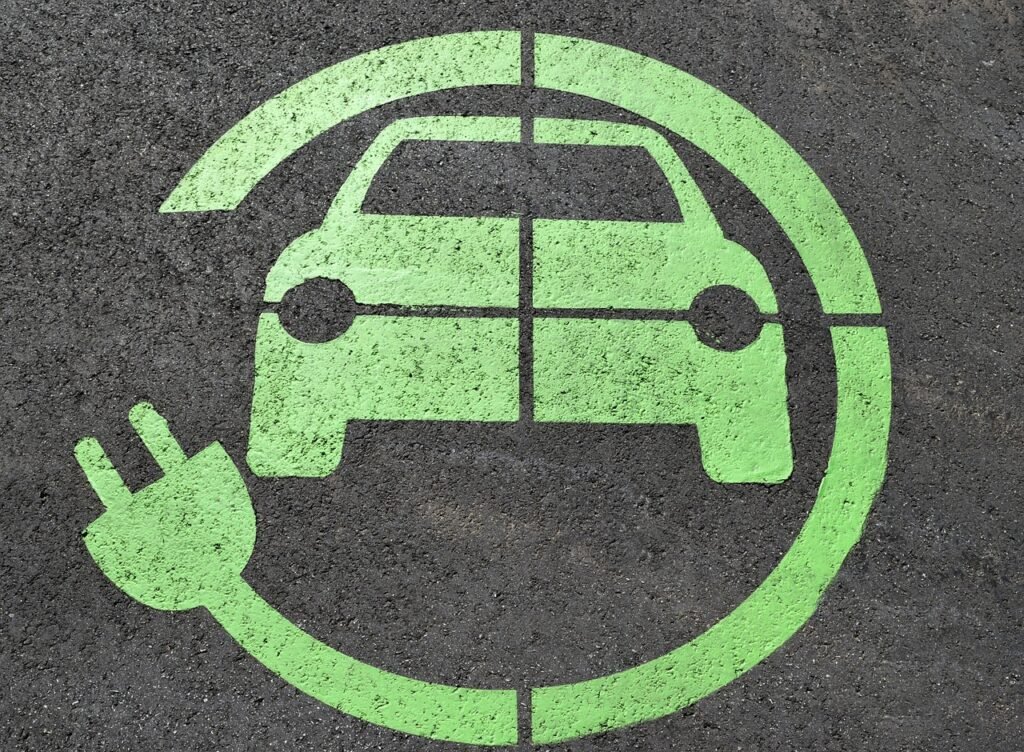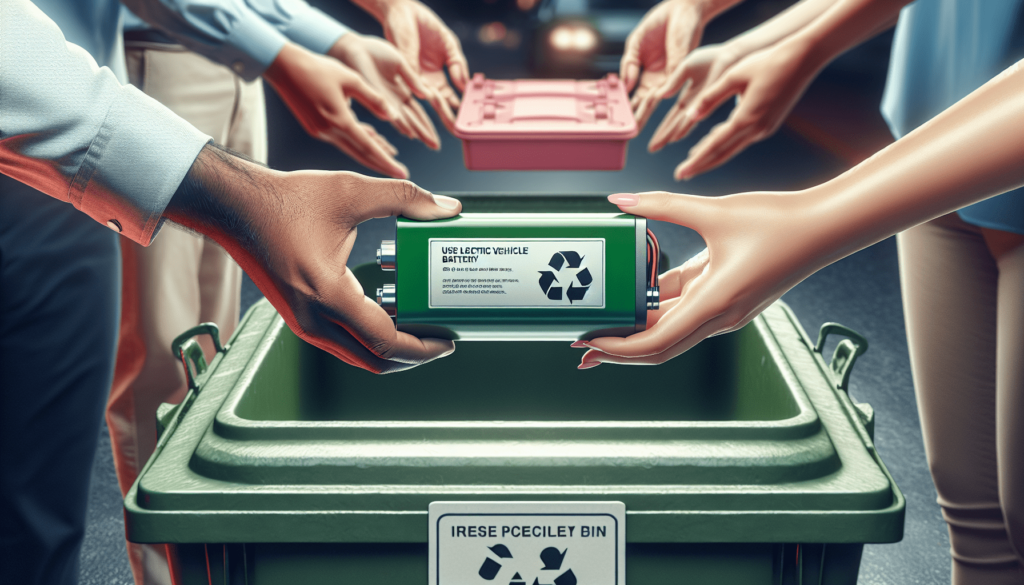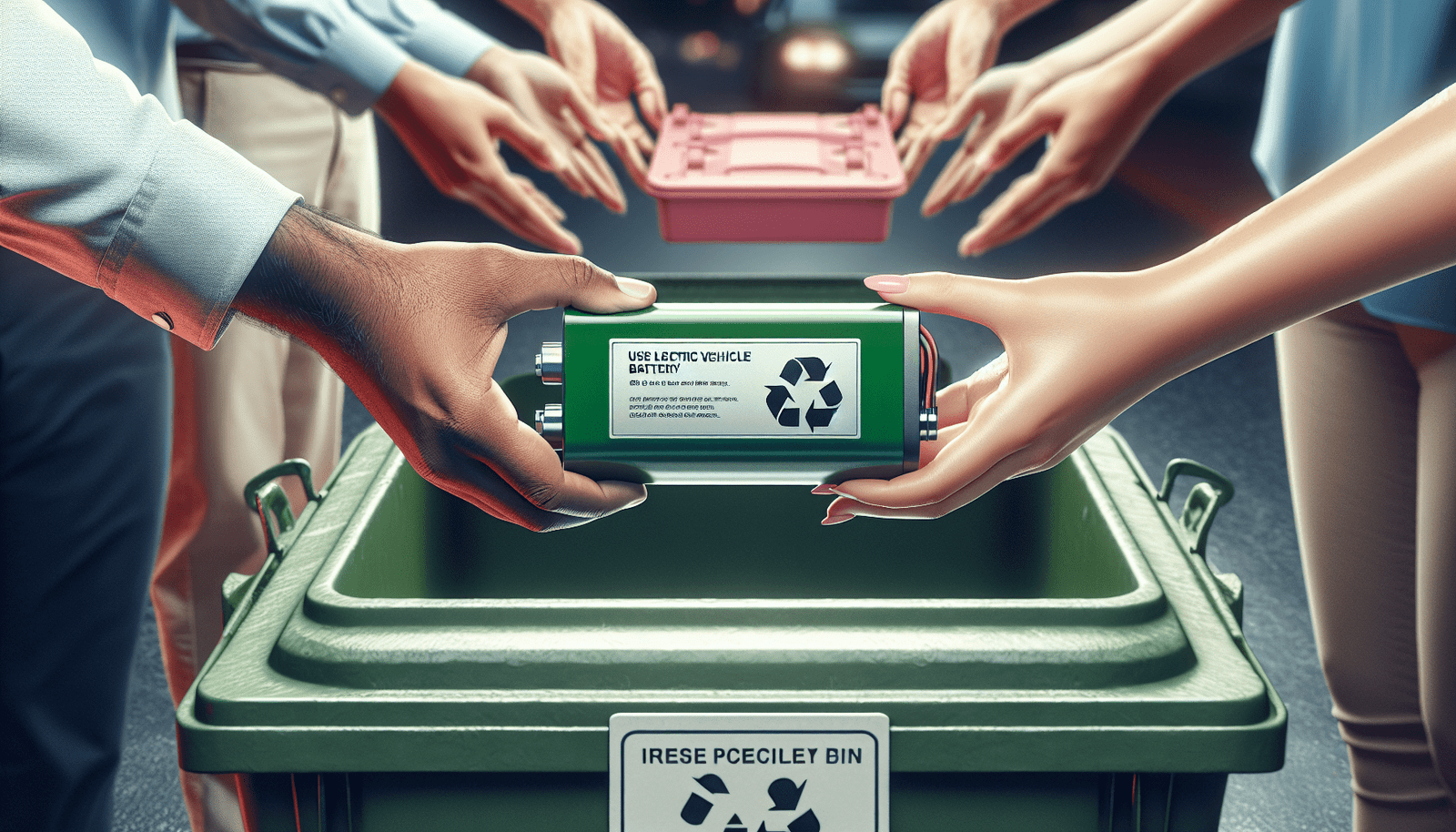Welcome to the fascinating world of electric vehicles (EVs)! As the demand for EVs continues to grow, questions about the disposal of their batteries have emerged. Many wonder if there are regulations in place to ensure the safe and environmentally friendly disposal of these batteries. Read on to learn more about the current regulations surrounding the disposal of EV batteries and what is being done to address this growing concern.
Are There Regulations On The Disposal Of EV Batteries?
You might be wondering, are there regulations on the disposal of EV batteries? The short answer is yes, there are regulations in place to ensure that electric vehicle (EV) batteries are properly disposed of and recycled. In this article, we will explore the regulations surrounding the disposal of EV batteries and why it is important to handle these batteries properly.

Why Are Regulations Necessary for EV Battery Disposal?
When you think of EV batteries, you might not realize how complex and potentially hazardous they can be. EV batteries are made up of lithium-ion cells, which contain toxic chemicals and heavy metals that can be harmful to the environment if not disposed of properly. Regulations are necessary to ensure that these batteries are handled with care and not simply thrown away in landfills where they can leach harmful substances into the soil and water.
It’s important to understand that EV batteries are not like your typical household batteries. They are much larger and have the potential to cause serious environmental damage if not handled properly. This is why regulations are in place to ensure that they are recycled and disposed of in a way that minimizes their impact on the environment.
Regulations Surrounding EV Battery Recycling
One of the most important regulations regarding the disposal of EV batteries is the requirement for recycling. EV batteries contain valuable materials such as lithium, cobalt, and nickel, which can be recovered and reused in the manufacturing of new batteries. Recycling these materials not only reduces the need for mining new resources but also helps to reduce waste and environmental impact.
In many countries, there are regulations in place that require manufacturers to take back old EV batteries for recycling. These regulations help to ensure that EV batteries are not simply thrown away but are instead processed by specialized facilities that can extract valuable materials for reuse. By recycling EV batteries, we can help to conserve resources, reduce waste, and minimize environmental damage.

Disposal Options for EV Batteries
If you have an old EV battery that needs to be disposed of, it’s important to know your options. One common option for disposing of EV batteries is to return them to the manufacturer or a designated recycling facility. Many EV manufacturers have established take-back programs to collect and recycle old batteries, often free of charge to the consumer.
Another option for disposing of EV batteries is to take them to a household hazardous waste collection center. These facilities are equipped to handle hazardous materials such as EV batteries and can ensure that they are recycled or disposed of properly. It’s important to avoid throwing EV batteries in the trash or recycling bin, as they can pose a risk to sanitation workers and contaminate the waste stream.

Environmental Impact of Improper EV Battery Disposal
The environmental impact of improper EV battery disposal can be significant. When EV batteries are not recycled or disposed of properly, they can release toxic chemicals and heavy metals into the environment. These substances can contaminate soil, water, and air, posing a risk to human health and wildlife.
In addition to the direct environmental impact, improper disposal of EV batteries can also contribute to resource depletion and greenhouse gas emissions. By recycling EV batteries, we can reduce the need for mining new resources, which can have a variety of negative environmental and social impacts. Recycling also helps to reduce energy consumption and greenhouse gas emissions associated with manufacturing new batteries from raw materials.

How to Properly Dispose of EV Batteries
To ensure that EV batteries are properly disposed of, it’s important to follow these guidelines:
-
Contact the Manufacturer: Check with the manufacturer of your EV or the dealership where you purchased the vehicle to inquire about their battery recycling program. Many manufacturers offer take-back programs for old batteries.
-
Find a Recycling Facility: If the manufacturer does not have a recycling program, you can search for a designated recycling facility in your area that accepts EV batteries. Many recycling facilities are equipped to handle hazardous materials such as EV batteries.
-
Do Not Throw Them Away: Whatever you do, do not throw your EV batteries in the trash or recycling bin. This can pose a risk to sanitation workers and contaminate the waste stream. Proper disposal is essential to protect the environment and human health.
-
Educate Yourself: Take the time to educate yourself about the regulations surrounding EV battery disposal in your area. Understanding the rules and guidelines can help you make informed decisions about how to dispose of your old EV batteries.

Conclusion
In conclusion, yes, there are regulations in place to ensure the proper disposal and recycling of EV batteries. These regulations are important to protect the environment, reduce waste, and conserve resources. By following the guidelines for proper disposal of EV batteries, we can all do our part to minimize the environmental impact of electric vehicles and help create a more sustainable future. Remember, when it comes to EV battery disposal, it’s always better to be safe than sorry.

